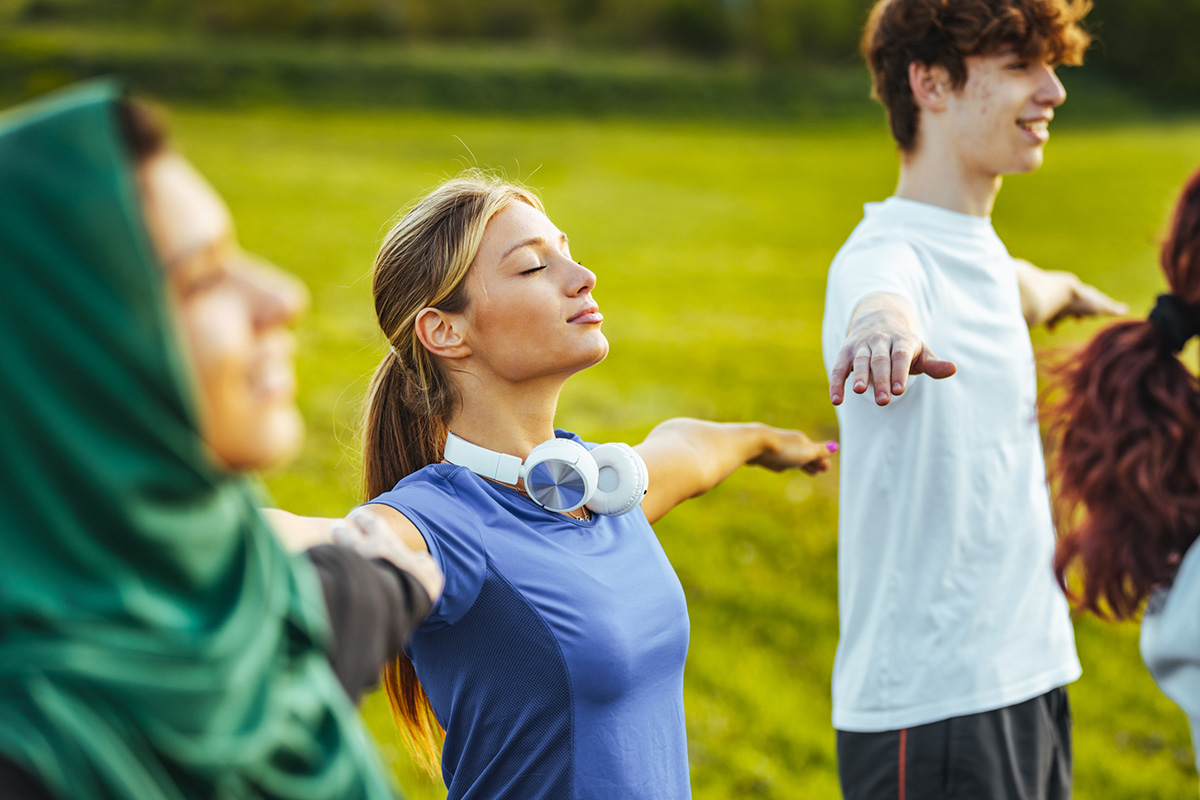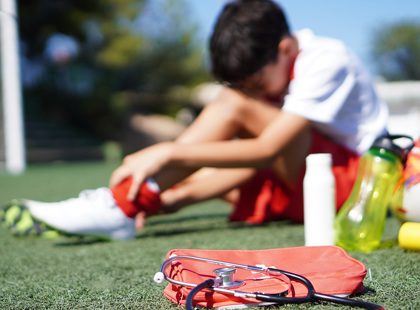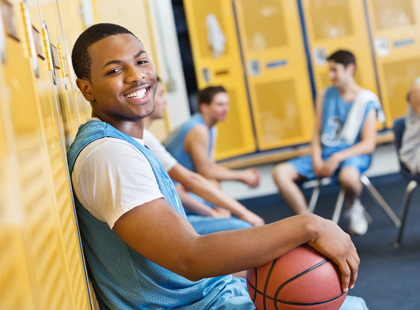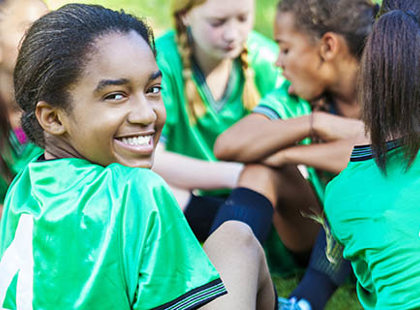
In today’s fast-paced, hypercompetitive youth sports culture, it's easy to focus solely on performance metrics – speed, strength, agility, and stats. But increasingly, experts are shining a light on something just as important: the mind.
Introducing mindfulness into a young athlete’s routine isn’t just a trendy wellness tip, it’s a powerful, science-backed way to improve both athletic performance and overall mental well-being.
Why Mindfulness Matters for Young Athletes
Youth athletes today face a unique set of challenges. Overuse injuries, burnout, pressure to specialize early, and the constant pursuit of excellence can lead to stress, anxiety, and even depression. For decades, sports medicine professionals have treated these mental health struggles, often without a consistent preventative approach.
But that’s changing.
Dr. Joel Brenner, a sports medicine physician, experienced mindfulness coach, and medical director of CHKD’s Sports Medicine Program, is helping lead this shift. In this article, he explores the growing evidence behind mindfulness and its impact on youth in sports.
“Success in a sport may be 20-30% physical and 70-80% mental,” says Dr. Brenner. “An athlete can have all the physical tools, but if they’re burdened by anxiety, burnout, or negative thinking, they won’t reach their full potential.”
The Mental Game Is the Real Game
Coaches and parents often emphasize practice, drills, and conditioning. But the mental aspect of sports – focus, resilience, and emotional regulation – is just as critical. That’s where mindfulness comes in.
Mindfulness trains the mind to stay present, build self-awareness, and respond thoughtfully rather than react impulsively. It’s not about zoning out, it’s about tuning in.
Mindfulness Tools for Young Athletes
Here are some practical techniques young athletes can start using today to build mental strength and emotional balance:
- Breathwork (e.g., breath focus and control)
- Positive self-talk
- Gratitude practices (like the “Three Good Things” exercise)
- Self-compassion
- Journaling
- Guided imagery and visualization
- Body scan meditations
- Sound meditation (e.g., using sound as an anchor)
- Yoga or Tai Chi
- Smiling meditation
- Reversing the negativity bias
- Awe exercises (experiencing wonder through nature, art, or perspective shifts)
These aren’t just feel-good habits; they are high-performance tools. Research shows they can improve sleep, reduce stress, sharpen concentration, and boost emotional resilience.
What Parents and Coaches Can Do
The pressure to perform can weigh heavily on young shoulders. As caregivers, we can help by promoting a balanced approach – one that values mental strength as much as physical skill.
- Encourage your child to take mental breaks.
- Normalize conversations about stress and mental health.
- Explore mindfulness together and make it a family habit.
- Support coaches and programs that value holistic development.
In the End, It's About More Than the Game
Yes, we want our young athletes to succeed on the field. But more importantly, we want them to thrive off the field too. Mindfulness isn’t just a way to boost performance, it’s a way to build confidence, courage, and compassion that will serve them for a lifetime.






